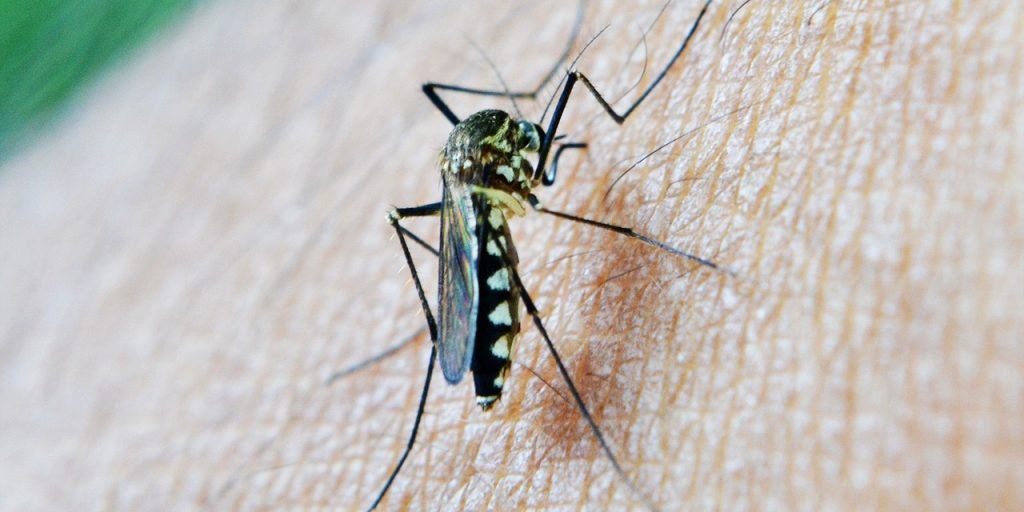Supporting charities dedicated to preventing malaria is a powerful and humanitarian endeavour that can bring about significant positive change. Sadaqah Network plays a vital role in implementing preventive measures and raising awareness about malaria, ultimately contributing to the reduction of malaria cases and the improvement of public health.
Organizations like the World Health Organization (WHO), the Global Fund to Fight AIDS, Tuberculosis, and Malaria, and countless NGOs are actively working to combat malaria. Their efforts include distributing bed nets, providing antimalarial medications, and funding research. From improved diagnostics to more effective treatments. Genetic modification of mosquitoes to reduce their ability to transmit the disease are areas of growing support and exploration.
What is Malaria?
Malaria, a mosquito-borne infectious disease, has plagued humanity for centuries. Despite significant strides in medical science, it remains a global health challenge, particularly in tropical and subtropical regions. In this comprehensive guide, we’ll explore everything you need to know about malaria, from its causes and symptoms to prevention and treatment.
Understanding Malaria
- What Causes Malaria?
Malaria is caused by Plasmodium parasites, transmitted to humans through the bite of infected female Anopheles mosquitoes. There are several species of Plasmodium, but the most deadly are P. falciparum and P. vivax.
- Who is at Risk?
While anyone can contract malaria, it is most common in regions with high mosquito activity and limited access to healthcare. Travellers to endemic areas, pregnant women, young children, and those with weakened immune systems are particularly vulnerable.
Symptoms and Diagnosis
- Symptoms of Malaria
Malaria’s symptoms can range from mild to severe and typically include fever, chills, sweats, headaches, muscle aches, and fatigue. In severe cases, it can lead to organ failure, coma, and death.
- Diagnostic Methods
Diagnosing malaria usually involves a blood test to identify the presence of Plasmodium parasites. Rapid diagnostic tests (RDTs) have become crucial in resource-limited settings due to their speed and ease of use.
Prevention
- Mosquito Control
Preventing mosquito bites is key to malaria prevention. Strategies include using bed nets, applying insect repellent, wearing long sleeves and pants, and staying indoors during peak mosquito activity times.
- Antimalarial Medications
Travelers to endemic areas may take prophylactic antimalarial medications. These should be taken as prescribed and under the guidance of a healthcare professional.
- Vaccination
The development of the malaria vaccine, known as RTS,S/AS01, represents a significant breakthrough in malaria prevention. While not 100% effective, it has been rolled out in some endemic areas and offers partial protection.
Treatment
- Antimalarial Drugs
Treatment for malaria involves the use of antimalarial medications. The choice of drug depends on the parasite species and the severity of the infection. Common antimalarials include chloroquine, artemisinin-based combination therapies (ACTs), and quinine.
- Prompt Treatment
Timely diagnosis and treatment are crucial. Delayed treatment can result in severe complications. If you experience symptoms and have been in an area with malaria, seek medical attention immediately.
Global Impact
- Malaria’s Global Burden
Malaria continues to be a significant global health concern. In 2020, an estimated 241 million cases and 627,000 deaths occurred worldwide, with the majority in sub-Saharan Africa.
- Economic Impact
Aside from its toll on human health, malaria exacts a heavy economic toll, particularly in affected countries, through reduced productivity and healthcare costs.
Call for support
Malaria, though a persistent global health challenge, is not insurmountable. With ongoing research, increased access to healthcare, and continued efforts in mosquito control and prevention, we can hope to see a future where malaria is no longer a silent killer. In the meantime, awareness, education, and personal precautions remain our most potent weapons in the fight against this ancient scourge. Stay informed, stay protected, and together, we can eradicate malaria once and for all.
Malaria prevention is a multifaceted effort that involves individual actions, community engagement, and government initiatives. By combining these strategies, we can make significant strides in reducing the burden of malaria, improving public health, and ultimately working towards the goal of malaria elimination in endemic regions.


